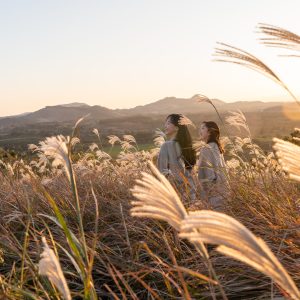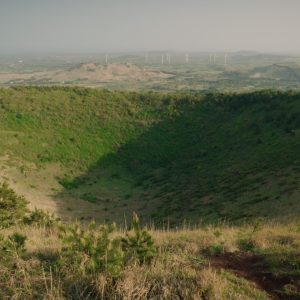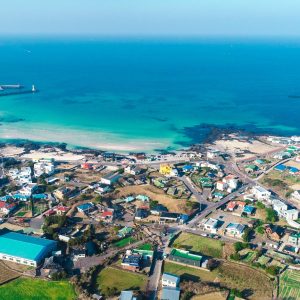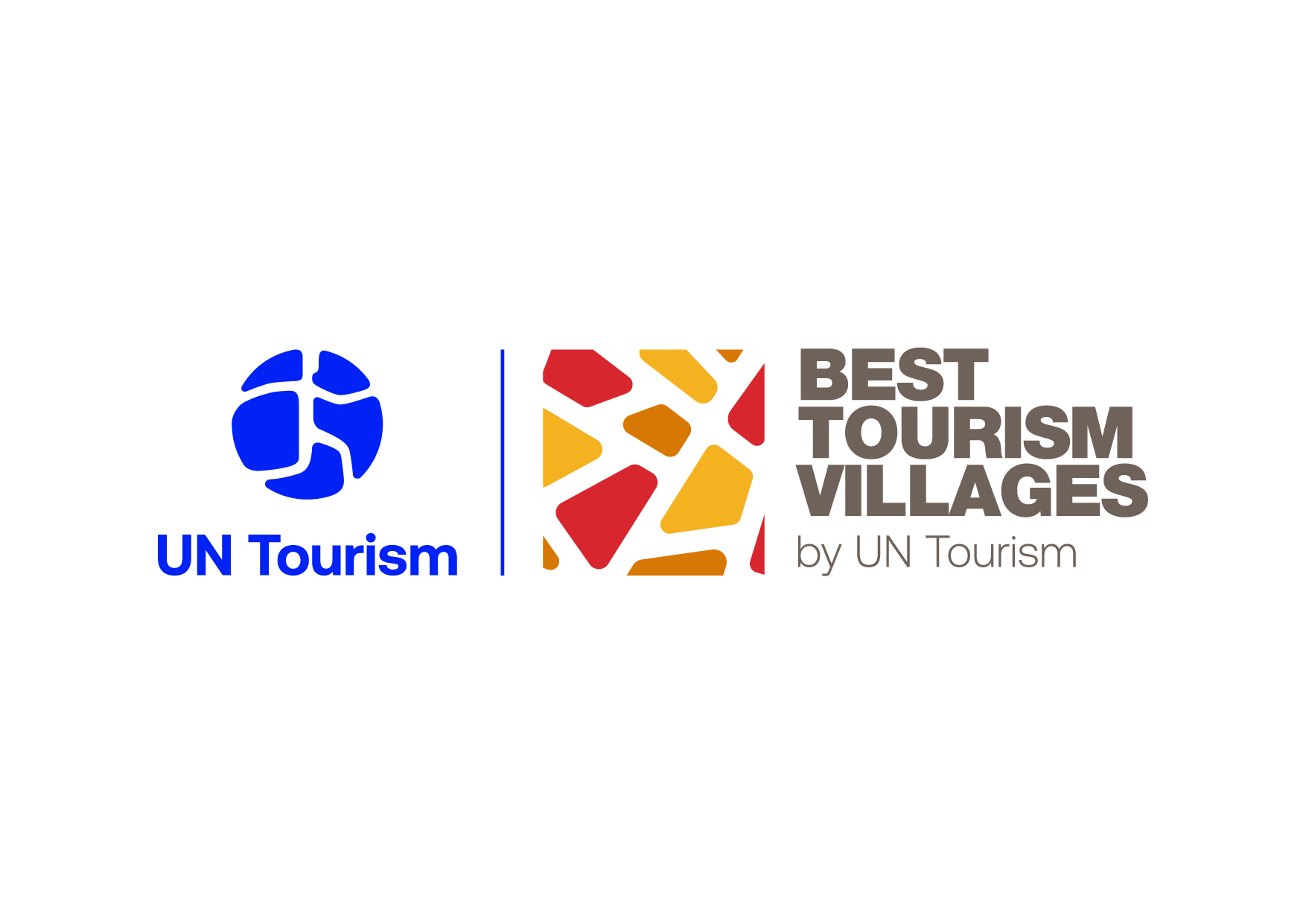SEHWA
REPUBLIC OF KOREA
2023
Contact
| Sehwa, east of Jeju Island, South Korea |
Sehwa village has shown their resilience in the face of adversity by overcoming economic crises following the decline of its signature primary industries. In recent years income from the village’s major crop, carrots, has significantly decreased. Fishing activities also declined, leaving only five ships in the village. As a result, residents proposed utilising tourism as a source of income. The decision is complemented by the fact that the Jeju-do government supports preserving the haenyeo ecosystem, and the village values and culture whereby tours programs have been implemented to promote and preserve this historic cultural practice.
In addition to this, the village strives to maintain the local rural culture, design and legacy by operating the Batdam village exploration programs. These well-preserved 1,000-year-old stone fences were erected to fight off strong winds, prevent evaporation and separate cattle from the fields to name but a few of its primary functions. As a result, the village regularly mends batdams to preserve the aesthetic aspects of this Globally Important Agricultural Heritage System (GIAHS) recognised by the UN Food and Agriculture Organization (FAO).
Sehwa lays claim to a vast range of impressive natural resources. Among these include Darangswi Oreum, a parasitic volcano in Jeju-do which was selected as the Jeju Oreum Landmark designated by the Jeju-do government. For those with a love of the sea Sehwa Beach has the most extensive sea level change in Jeju. The water is shallow, and the beach reaches forward into the shore, making it ideal for children to swim. As the carrot is the major crop of the village the boundaries of carrot fields are marked by batdams. Interestingly the entire island of Jeju-do, where the village is located is designated as a UNESCO World Heritage Site and a UNESCO Biosphere Reserve.
The village actively applies to various central government projects and continues to receive financial support. In 2015, the village received KRW 8.6 billion to remodel the Jilgeuraengi Tourist Center. Since then, the village was selected for 4 projects by 3 different government ministries in the last 2 years, raising KRW 25.1 billion in funding.
HIGHLIGHTS
-

Supporting small businesses
In 2019, 477 residents together raised KRW 270 million to establish the Sehwa Maeul Cooperative. It is the largest cooperative in Korea, where most residents participate to decide on village businesses.
This new model involves resident cooperation in tourism and sharing in a vision of village development.
Sehwa Maeul Cooperative actively supports those who start village businesses. The popularity of flea markets in the past has led to the opening of small boutiques and villagers providing experience programs in a trend that continues today.
Additionally, the village endorses businesses that utilize carrots, the primary village crop. The aim is to support carrot-related businesses to pioneer new sales channels and launch promotional campaigns.
-

The Haenyeo Experience
The Haenyeo culture, celebrated as an intangible cultural heritage of humanity, has been ingeniously transformed into immersive experience programs that offer a glimpse into the lives of these remarkable women.
Within this cultural haven, an entire village environment has been meticulously crafted, complete with a museum and a designated area for the Haenyeo to change into their diving gear. These elements revolve around the Haenyeos, whose culture has earned the prestigious designation of Intangible Cultural Heritage of Humanity.
Tour programs, thoughtfully designed to provide an authentic experience, are operated with a profit motive.
Even today, 10 resilient Haenyeos continue to dive and harvest seafood, actively upholding their vital role in both their households and the local economy. In fact, the Jeju Haenyeos alone contribute significantly, accounting for over 50% of Jeju’s total fishery income.
In the year 2022, this immersive program witnessed the participation of 500 individuals, resulting in a remarkable profit of KRW 20 million.
-

The versatility of carrots
The carrot is the major village crop. Sehwa have focused on carrots to develop various products and have branded this village asset. Residents and professionals participated in this process. They have developed secondary processed products using carrots (juices, pastries), designed goods and experience programs. These have been run through the Jeju Tourism Organization’s (JTO) wellness programs and KaReum Stay, an integrated brand of Jeju Village Tours.
Another objective is to work towards exposing carrot-related content in the media and develop goods made from drawings of carrots by children.

